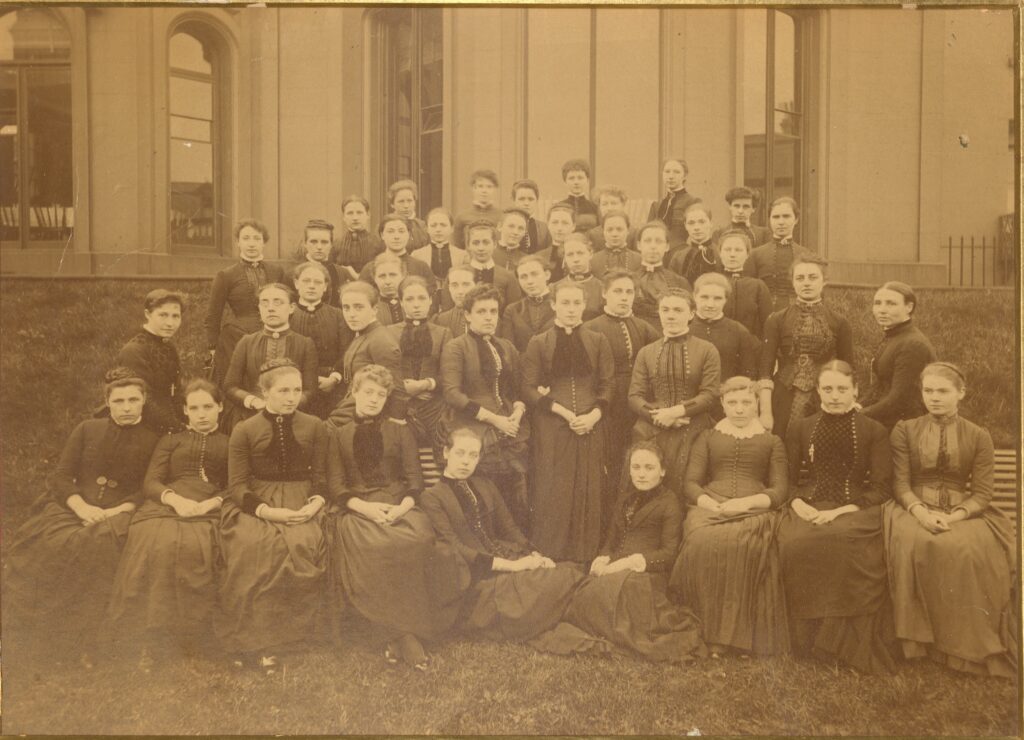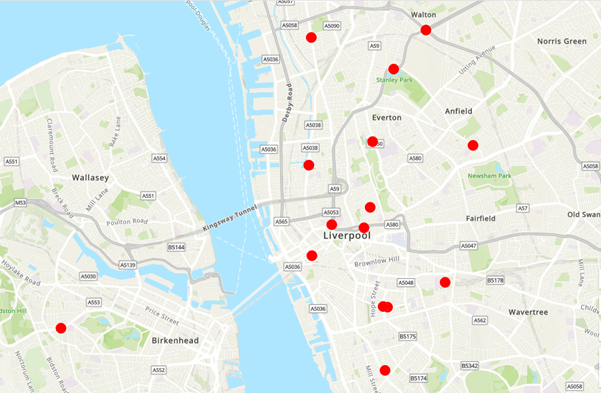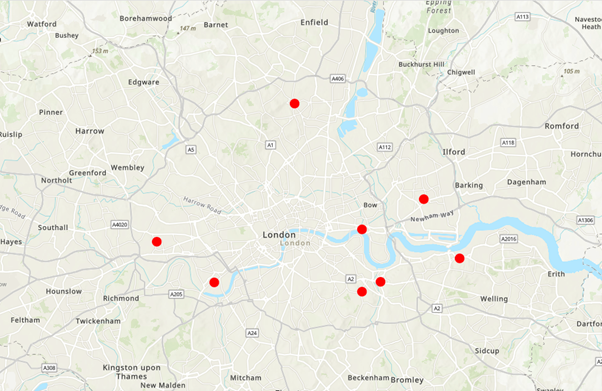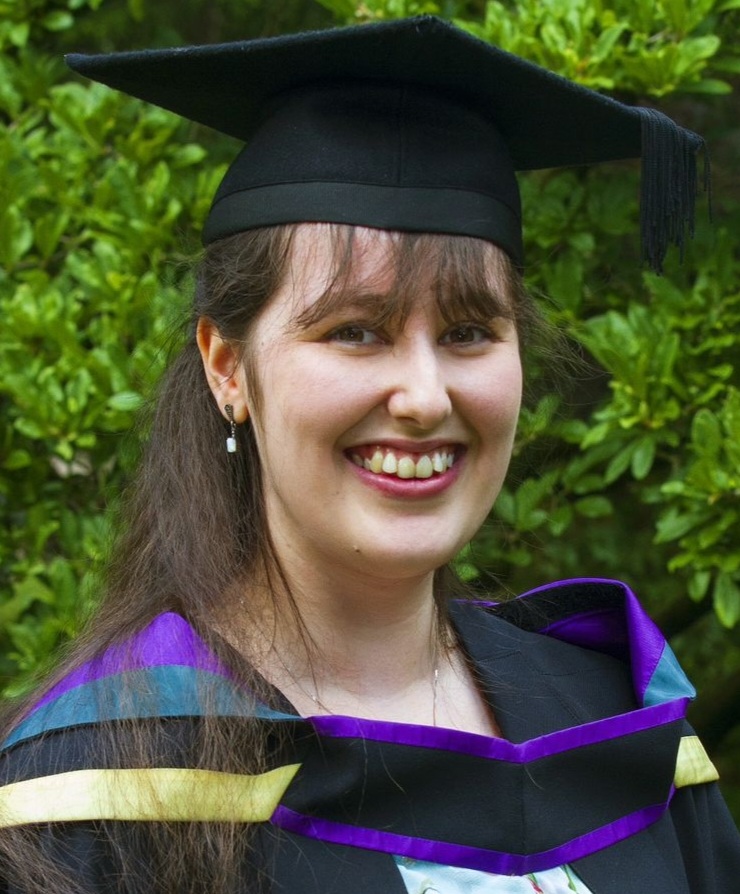World Friendship Day is Sunday 30th July 2023. To celebrate we asked PhD student Grace Marks to tell us about her research into friendship. You can also view our curated list of books to celebrate online or in the Libby app.
Who am I?
My name is Grace Marks, and I am currently researching friendship in the Nineteenth Century for my PhD at Edge Hill University. As part of my project, I am working in the university archive, exploring the collection to trace the real friendships of the earliest cohorts of students.
By tracing these students, we get a better idea of college life in the late 1800s. But we can also bring back the voices of real women, real friends, from the forgotten depths. One crucial way of hearing the voices of the past students and their friendships is by exploring the Friendship Books, ten exciting and completely unique albums filled with writings, drawings, and inside jokes.
What are Friendship Books?
The Friendship Books is an archival name for a collection of ten late-nineteenth early-twentieth century autograph albums, similar to scrapbooks. The books each have one owner, but many different people have written and drawn inside the pages, making them a record of friendship between the author and owner.
The books are beautiful, and contain many references to Edge Hill Training College (as it was called then). They often include jokes and nicknames that were obviously familiar between the students. They are highly decorative and are clearly well-loved by their owners, with some students taking theirs to Warsaw and Japan!
The Archive has recently acquired a new Friendship Book from the very first cohort of students, pictured below.

Friendship Books
This new Friendship Book is absolutely beautiful, and the archive team are currently digitising it so everyone can enjoy it. It’s pages include many decorative illustrations, verses of poetry and well wishes from different friends to the owner of the album, Agnes.
What is unique to this album (and very lovely!) is that Agnes has used the very first page to write an introduction and an invitation to her friends to fill up the pages of the album. Through a sweet poem, Agnes writes every friend is a ‘welcome guest’ to write and draw in the pages something for her to remember them by when she wishes to ‘recall the memory of my youth’. This playful poem sets the tone of the Friendship Book, and indeed all the Friendship Books. They are beautiful, joyous objects, and all of the archive team have great fun looking through them, admiring the artwork, puzzling out the nicknames, and getting a real insight into the early College life.
What do they tell us?
Bigger archives, such as those containing records of marriage, births and census data, are important for discovering information about people. However, they don’t usually tell us much about the person themselves. The Friendship Books, though, show snippets of the owner’s personality; they tell us about their likes and dislikes, their sense of humour, and sometimes even their favourite poets!
With the Friendship Books, the real voices of the Edge Hill students remain. Personalities can be teased out, and real friendships can be traced. Not only are these albums gorgeous in their own right; their historical importance in recovering the real thoughts and well wishes of students from over 100 years ago cannot be understated. While it might be difficult to find a pot of gold at the end of a rainbow, the archive is packed to the brim with treasure!
Mapping Friendship
I have used geographical data mapping software called ArcGIS to create a visual map. The map traces where the first cohort of students travelled to and worked after leaving the College.
I have taken these addresses from the Archive records and they show an interesting pattern of migration. Whilst many, stayed close to the College in Liverpool, others travelled further across the country, but maintained contact with their College and friends. The map below plots 39 of the original 41 students’ addresses after they left the College (the other two we have no information for!)

15 of the 41 students remained close to Liverpool, having addresses listed in the city centre and Sefton area. 8 students moved to London, as the rapidly expanding school network meant there lots of job opportunities for young, qualified teachers in the cities. The other 12 students migrated elsewhere in the country, with some remaining relatively close in Rochdale, Huddersfield and Leeds. Other students travelled further afield, to seemingly unconnected places like Barrow-in Furness and Norwich.


Did the students keep in touch?
Despite the distance between them, the Edge Hill College Guild hosted regular reunions that were well-attended and enjoyed by past students. The reunions offered a chance for old friends to catch up and reminisce, whilst revisiting the College. They were even entertained by drama productions performed by current students.
The welcoming environment of the College did not expire once students had left, instead they were encouraged to return time and time again, and were greeted as old friends.
Despite moving away from the College, many graduates delighted in keeping in contact with each other and their old College. Personal mementos like the Friendship Books serve to remind us that even in the Nineteenth Century, and with half a country between them, friendship found a way! The College Magazines record formal updates, particularly from students who travelled further afield to India and South Africa.
Altogether Edge Hill College provided a place for friendships to blossom, and the archives preserves such friendships over 100 years later. It is a privilege and a delight to focus part of my PhD about the friendships developed at an institution that also provided me with the opportunity to make life-long friends.

Do you want to know more?
I would highly recommend anybody interested to look through the Books in the online catalogue. Let us know what your favourite page is! You can find a short discussion of my favourite page on the EHU Nineteen website.
You can also listen to Episode 7 of the Outside the Box podcast, available on all podcast platforms. In this episode we discuss the Friendship Books. If you listen, let us know what intrigues you on Twitter! Find us @GraceFMarks and @EHULearnService.
By Grace Marks
Learn more about the archive
To find out more about our archive you can visit their webpage or browse their collections online.
